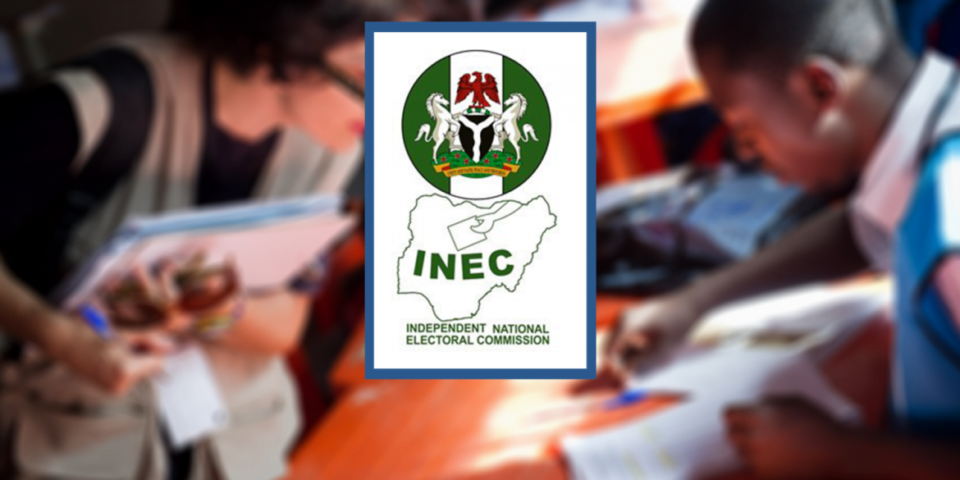By DAYO ADESULU
The Independent National Electoral Commission (INEC) has unveiled comprehensive reform proposals aimed at improving Nigeria’s electoral system, building on lessons from the 2023 general elections and subsequent off-cycle polls.
INEC Chairman, Prof. Mahmood Yakubu, announced these measures during a meeting with Resident Electoral Commissioners (RECs) in Abuja on Thursday. Among the key reforms are diaspora voting, replacing Permanent Voter Cards (PVCs) with digital alternatives, and unbundling INEC’s responsibilities to enhance efficiency.
Key Reform Proposals
Prof. Yakubu outlined several significant changes under consideration, including:
- Diaspora Voting: Facilitating participation for Nigerians abroad and those unable to vote at their registered polling units, including INEC staff and security personnel.
- Phasing Out PVCs: Transitioning from physical voter cards to computer-generated or downloadable credentials for voter accreditation. This aims to cut costs and eliminate the practice of voter card-buying.
- Unbundling INEC: Establishing a dedicated electoral offences tribunal and a separate agency for political party registration and regulation.
- Legal Clarity on Result Transmission: Addressing the ambiguity between manual and electronic result management processes.
Yakubu emphasized that the introduction of the Bimodal Voter Accreditation System (BVAS) has paved the way for a streamlined accreditation process:
“Those who already have PVCs can still use them to vote, but going forward, computer-generated slips or credentials downloadable from the commission’s website will suffice.”
Addressing Structural and Operational Challenges
INEC’s reform agenda also prioritizes:
- Cleaning the Voter Register: Collaborating with the National Identity Management Commission (NIMC) and the National Population Commission to ensure accuracy.
- Improving Logistics: Partnering with transport unions to ensure timely deployment of election materials.
- Voter Education: Combating misinformation and increasing participation among marginalized groups through robust public communication campaigns.
- Affirmative Action: Advocating for greater representation of underrepresented groups in electoral processes.
Reform Implementation Framework
The proposed reforms are detailed in a 524-page review report on the 2023 general elections, which includes 142 actionable recommendations. Of these:
- 86 require administrative action by INEC.
- 48 depend on collaboration with stakeholders, including civil society organizations, security agencies, and political parties.
- 8 necessitate legislative amendments by the National Assembly.
Yakubu revealed plans to engage lawmakers through a presentation to the Joint Committee on Electoral Matters, emphasizing the urgency of these reforms.
“This is the most appropriate time for us to commence implementation of the recommendations,” he said, urging RECs to actively contribute to developing a more efficient and inclusive electoral system.
The comprehensive report will soon be made available in hard and soft copies for public access.


